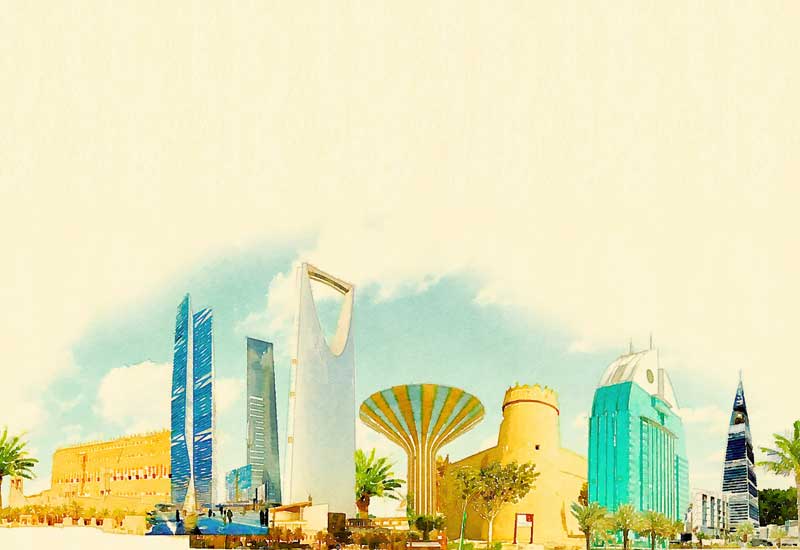Riyadh and Jeddah both have plenty of reasons to attract the attention of global hotel groups and the interest of homegrown hoteliers. Major infrastructure projects, increasing religious tourism and a policy shift towards easing visa requirements are all positives, and major brands are clamouring to get their slice of the pie.
But pressure caused by low oil prices and, in turn, a dip in corporate travel has hit Riyadh, a city that has very little leisure tourism. CAGR has fallen from 25% to 23% and a number of projects are on hold.
Conversely, the story in Jeddah is one of burgeoning supply, with room numbers forecast to double by 2018, according to the ‘Jeddah Hotel Market Overview’ report by JLL. The current supply will see another 8,600 rooms forecast by 2018 taking total stock to 17,200 hotel rooms.
Major projects in the Jeddah pipeline include: The Ritz Carlton, Jeddah; Radisson Blu Al Salamah; Mövenpick City Star; Elaf Galleria and Assila Hotel & Residence by Rocco Forte.
Christian Renz, VP for sales and marketing, Rocco Forte Hotels said the growth figures made the city “a clear choice for Rocco Forte Hotel’s development in the Middle East”. Certainly only optimism from Renz, who highlighted the hotel group’s association with the respected Alissa family in the region.
Jeddah is of course the gateway for pilgrims travelling to the holy cities of Makkah and Madinah, and its coastal location makes it popular with domestic tourists, a sector of demand Riyadh can’t rely on. It is also benefitting from a boom in business tourism with a number of significant infrastructure projects paving the way for additional investment and, in turn, lodging demand.
The major players are making statements of intent, with AccorHotels Middle East set to increase to over 3,000 hotel rooms in the coming years with its current foundation of 600 rooms an apparent first step only, rather than a near complete journey.
Olivier Granet, managing director and chief operating officer of AccorHotels Middle East, revealed earlier in the year that the company has 50 operational hotels in KSA with more than 13,500 rooms. “By 2020 we are quintupling our network in Jeddah with a fivefold increase from three existing hotels to 15,” he continued. In order to attract both business and leisure clientele, AccorHotels has been focusing on the development of multi-brand projects.
“A particularly large-scale project in Jeddah will introduce a Novotel, ibis and Adagio to Al Andalus Road, which I personally believe will become a local landmark as it combines office, retail and hospitality components in one of the city’s most vibrant areas,” Granet confirmed.
Colliers International has also predicted a massive influx of hotel stock — predominately in the five- and four-star sectors. But what is the situation like on the ground and while growth is good, it also brings a host of unwanted challenges for hoteliers?

| Advertisement |









 Search our database of more than 2,700 industry companies
Search our database of more than 2,700 industry companies









